Store selling agricultural supplies and veterinary medicine in Nong Cong town.
Mr. Hoang Huu Hien, Ngoc Son village, Luong Son commune (Thuong Xuan), said: “Currently, my family is raising 6 sows and 70 pigs, raising about 3 litters of pigs each year. In order for the pigs to grow healthily, I have to use many types of vaccines and antibiotics to prevent and treat diseases in pigs such as anthrax, pneumonia, diarrhea, respiratory infections, intestinal infections... Therefore, I hope that the relevant authorities will do a good job of managing the business of veterinary drugs so that farmers can avoid buying fake and poor quality drugs.”
With a total herd of 123,000 buffaloes, 225,000 cows, an estimated herd of 1.32 million pigs, and an estimated herd of 28.5 million poultry, every year, farms, ranches, and livestock households in the province must use a large amount of veterinary drugs, chemicals, vaccines, etc. Currently, the province has 425 licensed veterinary drug trading establishments and 10 animal feed production establishments distributed throughout most localities. Through good management of business and trading of veterinary drugs, it has contributed to increasing production efficiency for livestock farmers. According to regulations on veterinary medicine business conditions, agents and stores must meet a number of conditions such as: fixed business address, clear signboard, business code, books to track import and export of goods, ensuring drug storage conditions... For business managers and direct sellers, they must have veterinary practice certificates according to regulations. However, currently, the management of veterinary medicine business in the area is still facing many difficulties because the list of veterinary medicines in the list of permitted use is too large; drug stores are scattered throughout the localities, so monitoring, tracking and sample analysis are also limited.
To strengthen management in veterinary medicine business, the Provincial Department of Animal Husbandry and Veterinary Medicine regularly coordinates with functional agencies and local authorities to review, update the list and promote propaganda, dissemination and popularization of legal regulations on management, trade and use of veterinary medicine and animal feed for 100% of livestock and veterinary business establishments in the province. At the same time, strengthen inspection and handling of administrative violations according to regulations for establishments that do not meet the conditions for production and trading of veterinary medicine and animal feed, promptly prevent and handle acts of production, trade and transportation of veterinary medicine, aquatic veterinary medicine and animal feed contrary to the provisions of law. The inspection content mainly focuses on the implementation of legal regulations in the business of veterinary medicine, vaccines, chemicals, drug lists, certificates of eligibility for trading of veterinary medicine and business conditions of stores...
Since the beginning of the year, the Provincial Department of Animal Husbandry and Veterinary Medicine has coordinated to inspect and collect samples to monitor the quality of drugs and animal feed at drug and animal feed trading establishments in the province. In the first 6 months of 2025, the Department collected 50 samples of white-leg shrimp at markets in 8 districts, towns and cities to monitor antibiotic residues; 120 samples of pig rectal swabs at slaughterhouses in 10 localities to monitor antibiotic resistance. Sampling to monitor antibiotic use and antibiotic resistance in animal husbandry and aquaculture aims to analyze samples, helping to detect antibiotic residues in the body of livestock; monitor whether antibiotics are used for the right purpose of disease treatment and at the right dosage, as well as to detect the use of banned antibiotics or improper use. At the same time, samples are tested to detect bacteria that are resistant to common antibiotics; Monitor the occurrence and spread of antibiotic resistance in livestock farms. This is the basis for authorities to take measures to manage, control and use antibiotics appropriately. Thereby preventing the trade and production of fake, poor quality, and unknown origin products; ensuring that there are no banned substances or toxic residues that affect livestock and consumers. Thereby, contributing to the prevention and control of epidemics in livestock herds.
Tightening the management of veterinary medicine business is necessary in livestock farming activities. To achieve the highest efficiency, it requires great efforts from livestock farmers, manufacturers, businesses and related functional sectors... This is also one of the important factors creating the foundation for the sustainable development of the livestock industry.
Article and photos: Minh Ha
Source: https://baothanhhoa.vn/siet-chat-quan-ly-kinh-doanh-thuoc-thu-y-252908.htm



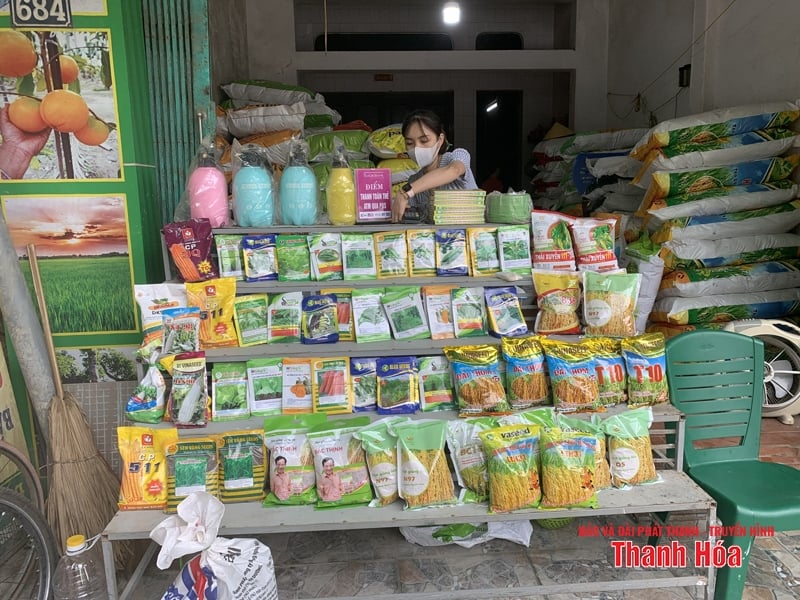



![[Photo] Hanoi: Authorities work hard to overcome the effects of heavy rain](https://vphoto.vietnam.vn/thumb/1200x675/vietnam/resource/IMAGE/2025/8/26/380f98ee36a34e62a9b7894b020112a8)
![[Photo] Multi-colored cultural space at the Exhibition "80 years of the journey of Independence - Freedom - Happiness"](https://vphoto.vietnam.vn/thumb/1200x675/vietnam/resource/IMAGE/2025/8/26/fe69de34803e4ac1bf88ce49813d95d8)

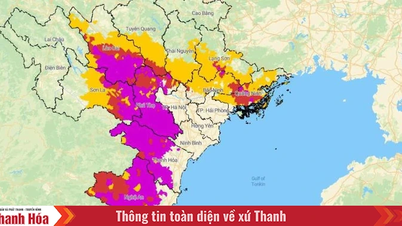


























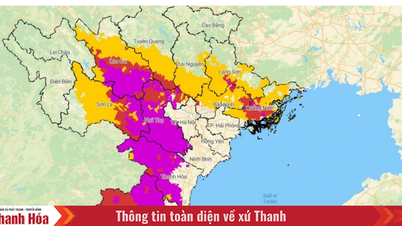
































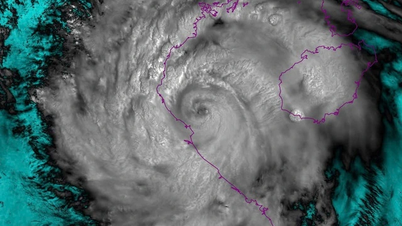


















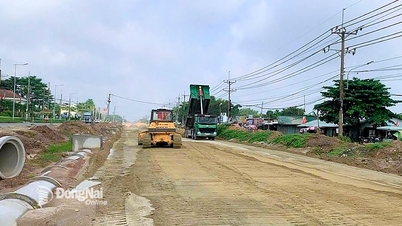



















Comment (0)